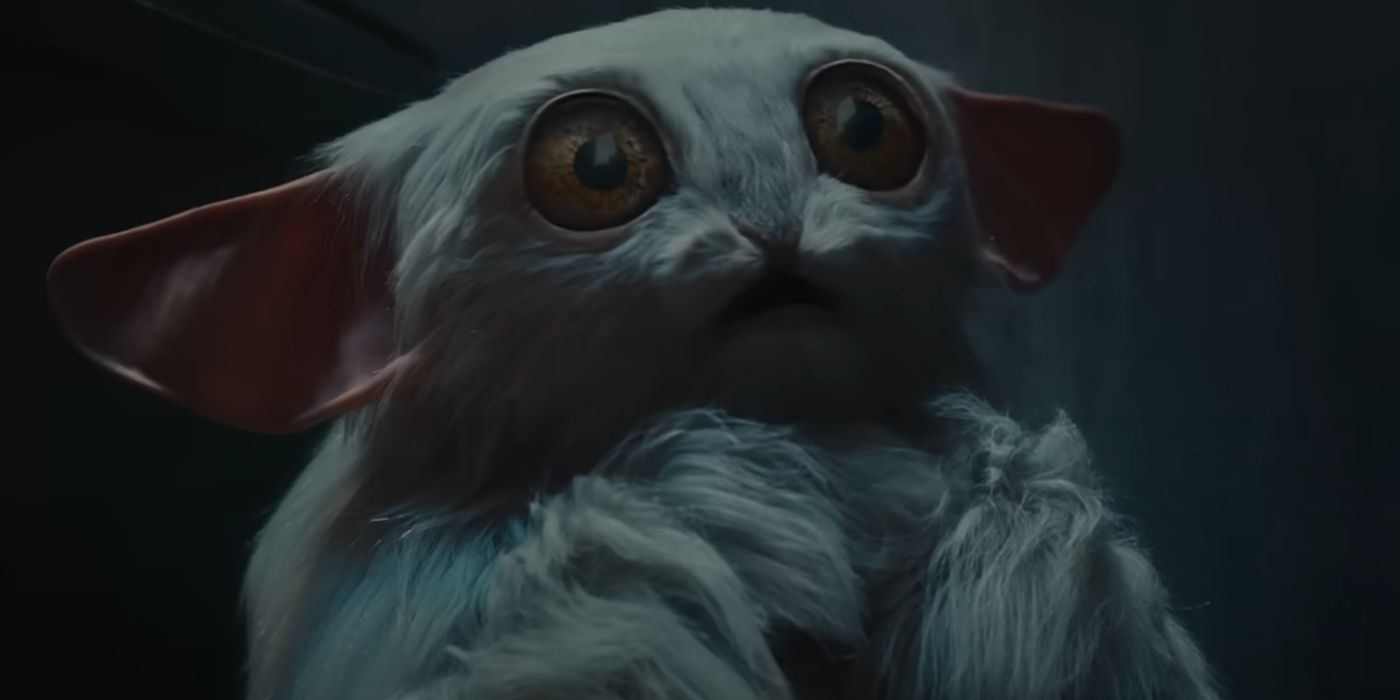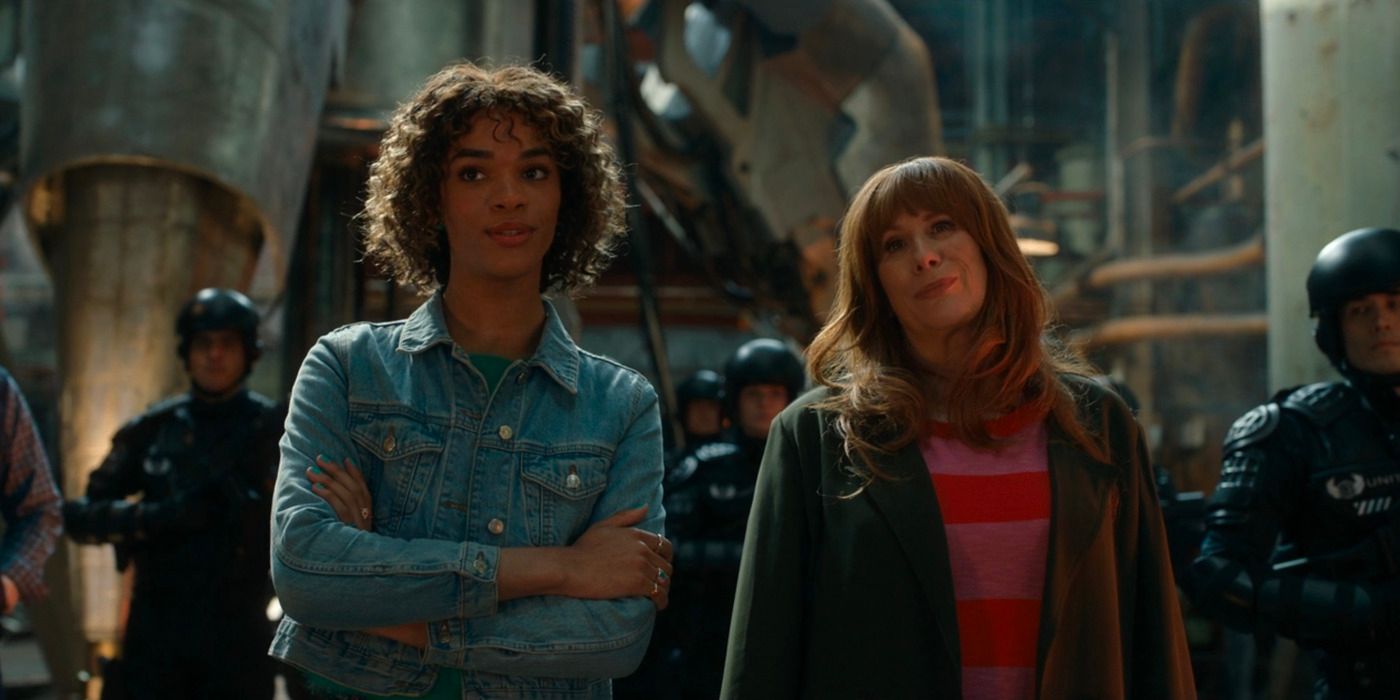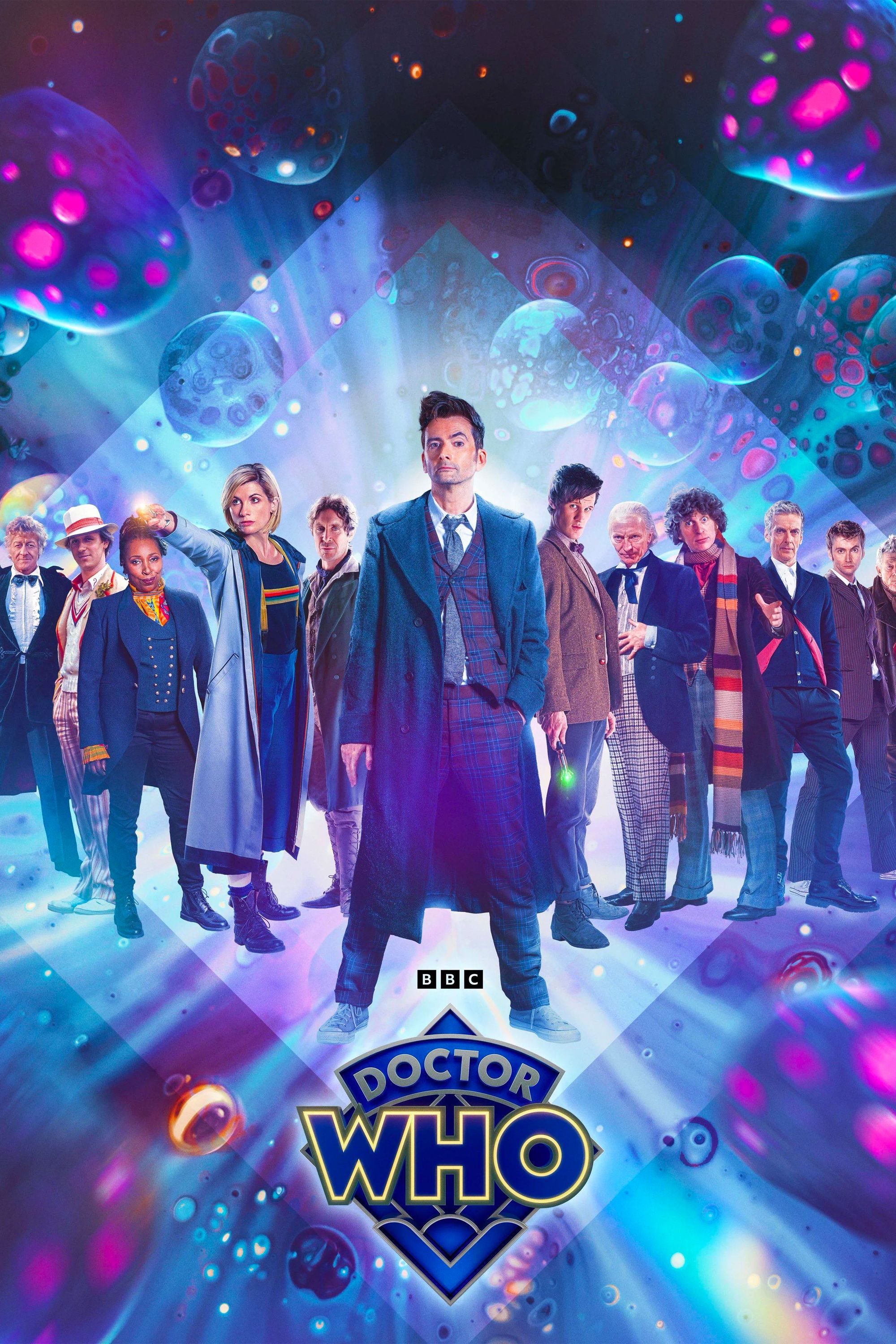Doctor Who Reveals The Doctor’s True Pronouns & Gender After Jodie Whittaker’s Regeneration
Summary
- The Doctor’s pronouns are clarified in the 60th anniversary special; the character uses the definite article instead of traditional pronouns.
- The Doctor’s gender identity is complex and can be described as nonbinary, genderfluid, or omnigender.
- The current Doctor is still perceived as a man by most characters but doesn’t fit into traditional gender labels as a whole.
Warning: This article contains spoilers for Doctor Who’s 60th anniversary special, episode 1, “The Star Beast.”
After leaving viewers uncertain in “The Power of The Doctor,” the 60th-anniversary special of Doctor Who finally reveals The Doctor’s correct pronouns and hints at a gender identity after Jodie Whittaker’s regeneration. The Doctor has always been presumed to be a man due to the fact that men actors played the Doctor in Doctor Who. Moreover, this character wore clothing and a haircut considered traditionally masculine. However, this changed when Doctor Who cast Jodie Whittaker as the Thirteenth Doctor. Suddenly, after 54 years of one expectation, a woman played the Doctor and dressed the character in traditionally feminine clothing and a blonde bob hairstyle.
The Doctor’s gender got even more confusing when the show surprised fans by making David Tennant the Fourteenth Doctor in Doctor Who. If they moved on to actor Ncuti Gatwa, they could have introduced a new gender presentation and set of pronouns because it’s a new iteration of the Doctor. This iteration of The Doctor already used he/him pronouns and was perceived as a man, though. Luckily, the Doctor Who 60th-anniversary special, episode 1, “The Star Beast,” provides a better understanding of the Doctor’s identity.
All the Doctor Who 60th-anniversary specials will be available on Disney Plus.
The Doctor’s Pronoun Is The Definite Article
Doctor Who’s 60th anniversary special clarifies the pronouns of the Doctor after Jodie Whittaker’s regeneration. After being called out for assuming the creature’s pronouns, the Doctor asks Beep the Meep what pronouns to use. The Meep says that, rather than using pronouns, the Meep uses the definite article in conjunction with the creature’s name. The Doctor says, “I do that too,” providing a definitive answer to how the Doctor uses labels after regenerating as both a masculine-presenting and feminine-presenting Time Lord. If aligning with the Meep, the Doctor doesn’t use pronouns. The proper way to refer to the Doctor is just that – the Doctor.
When discussing the metacrisis in the ending of Doctor Who’s 60th-anniversary special, episode 1, “The Star Beast,” the Doctor determines that half of Donna’s Gallifreyan Time Lord energy has passed down to her child, Rose. The Doctor and Donna conclude that Rose identifies as nonbinary because the Doctor is a man, a woman, both, and neither. This gender description most closely aligns with a few identity labels. The Doctor definitely falls under the nonbinary umbrella – a catch-all term for anyone who doesn’t identify exclusively as a man or a woman.
The Doctor could also identify as genderfluid, meaning the Doctor’s gender identity would fluctuate depending on the time and circumstances. This fits with the fact that the Doctor has regenerated with masculine features and feminine features at different times. It would also explain why the Doctor has used different pronouns for different regenerations. The other possible identity of the Doctor is omnigender, a person who experiences all genders with varying degrees of intensity. Both of the latter terms fall under the nonbinary umbrella, and there’s a substantial overlap between the two labels – meaning the Doctor could identify with all these labels simultaneously.
Ultimately, there’s no way to know the Doctor’s exact gender label. The Doctor might not even identify as a gender that exists on Earth, since the Doctor is from Gallifrey. The Doctor Who 60th-anniversary special, episode 1, “The Star Beast,” provides a clearer idea of the Doctor’s internal experience, though. And there’s enough information provided for viewers to draw their own conclusions about the specific label that applies.
Rose Describes The Fourteenth Doctor As “Male-Presenting”
At the end of the Doctor Who 60th anniversary special, episode “The Star Beast,” Rose uses the term male-presenting to describe the Doctor – the British equivalent of the term masculine-presenting. The phrase serves multiple purposes within the narrative. Firstly, it acknowledges the fact that the current regeneration of the Doctor will still experience the universe as someone socialized and perceived as a man. This is an important distinction because the Thirteenth Doctor had different interactions and experiences due to Whitaker’s Doctor being perceived as a woman. Unfortunately, there is no way for the Doctor to completely escape the cultures of surrounding characters.
Secondly, this terminology signals that most characters in Doctor Who – outside of Rose Nobel – will probably still presume his gender based on his presentation. They’ll use “he” when the Doctor presents masculinely and “she” when the Doctor presents femininely. However, it recognizes that the Doctor still exists as a being who doesn’t fit into either of these labels as a whole. It also leaves open the possibility that Doctor Who could transition into using the singular they or the definite article when referring to the Doctor.
#Doctor #Reveals #Doctors #True #Pronouns #Gender #Jodie #Whittakers #Regeneration



